VehiCLE
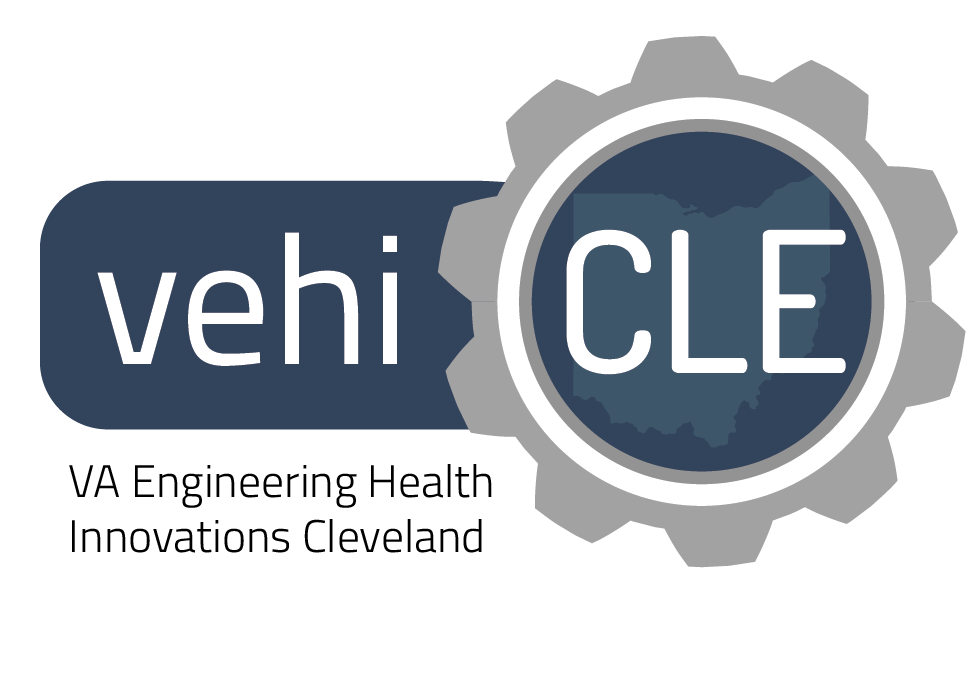
Technology Transfer Assistance Program
The Cleveland Veterans Engineering Health Innovations Center (VehiCLE) is a group of engineers dedicated to translating VA technologies to the private sector via licensing, or for distribution within the national VA system, through fabricating high-level, functional prototypes, performing design and cost analyses, and constructing technical drawings, bill of materials (BOMs) and design history files (DHFs). We are based out of the Louis Stokes Cleveland VA Medical Center and partner with Sear's Think[box] at Case Western University, to access their state of the art makers space and fabrication machine shop. Our goal is to complete 4-6 projects per year to assist the VA Technology Transfer Program (TTP) and VA innovators to further translation of their technologies through product development with considerations for increased manufacturability, including ease of fabrication, decreased weight, simplification of assembly, and reduced cost.
VehiCLE Team
Stephanie Bailey
TTAP Manager
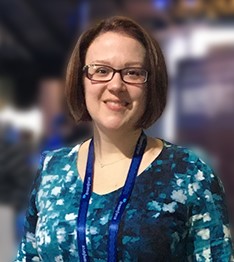 Stephanie Nogan Bailey is the Program Manager for vehiCLE. With extensive experience in clinical research for novel rehabilitation technologies and training in device translation and project management, she is passionate about finding healthcare solutions for the challenges Veterans and others with complex health conditions face. She is responsible for overseeing the daily operations of vehiCLE, engaging with VA inventors and interacting with VA TTP, and managing vehiCLE personnel in all prototype design, fabrication, testing, and quality system documentation. All inquires regarding vehiCLE should be addressed to her: stephanie.bailey3@va.gov.
Stephanie Nogan Bailey is the Program Manager for vehiCLE. With extensive experience in clinical research for novel rehabilitation technologies and training in device translation and project management, she is passionate about finding healthcare solutions for the challenges Veterans and others with complex health conditions face. She is responsible for overseeing the daily operations of vehiCLE, engaging with VA inventors and interacting with VA TTP, and managing vehiCLE personnel in all prototype design, fabrication, testing, and quality system documentation. All inquires regarding vehiCLE should be addressed to her: stephanie.bailey3@va.gov.
William Rasper
Lead Engineer
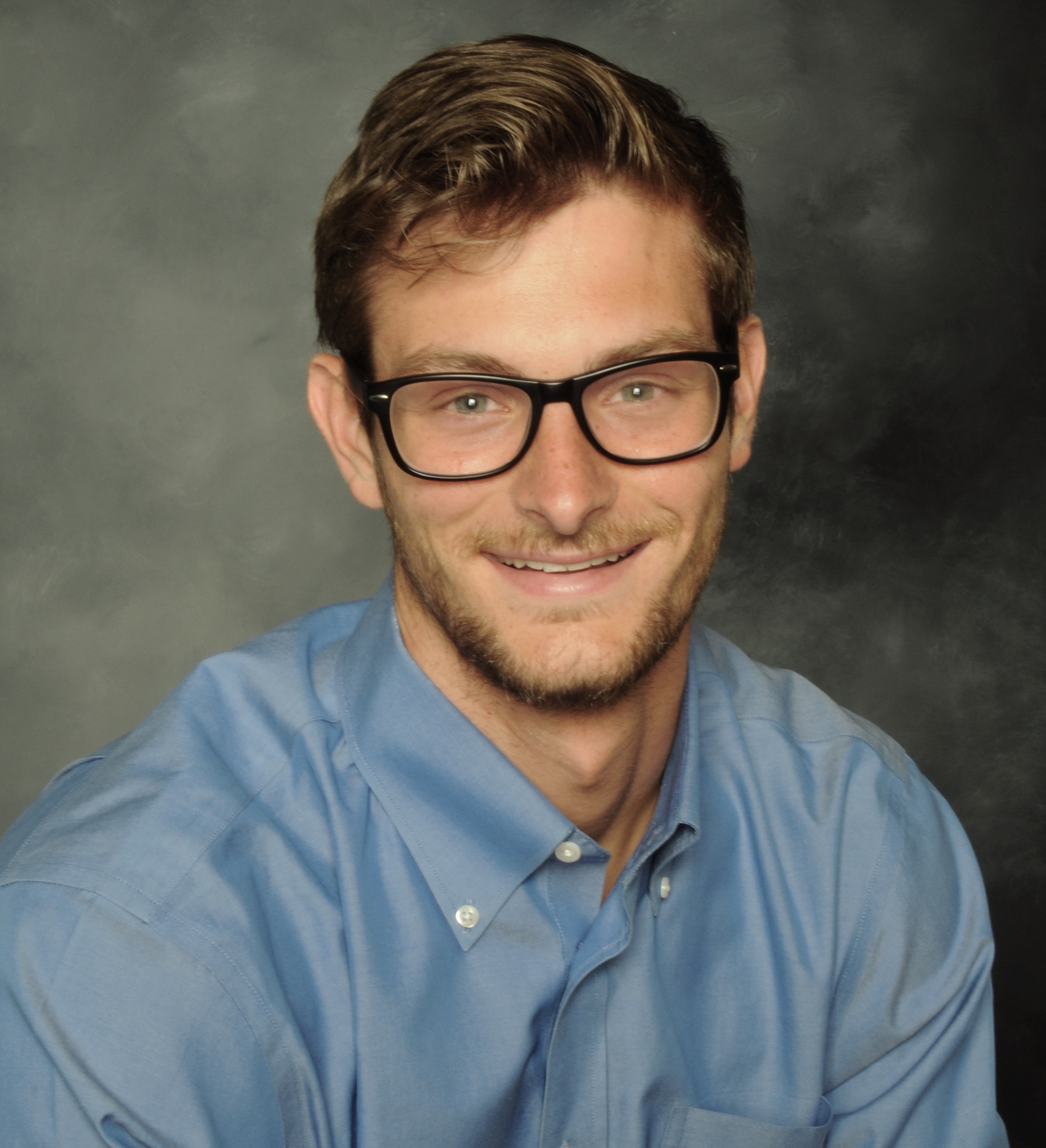 William Rasper is the lead project engineer for the vehiCLE. He oversees and participates in design and fabrication processes related to TTAP prototypes, as well as assisting in student and co-op management and lab maintenance. He also oversees quality document creation and maintenance of product Design History Files, and participates in VA inventor meetings.
William Rasper is the lead project engineer for the vehiCLE. He oversees and participates in design and fabrication processes related to TTAP prototypes, as well as assisting in student and co-op management and lab maintenance. He also oversees quality document creation and maintenance of product Design History Files, and participates in VA inventor meetings.
Braden Petno
Mechanical Engineer
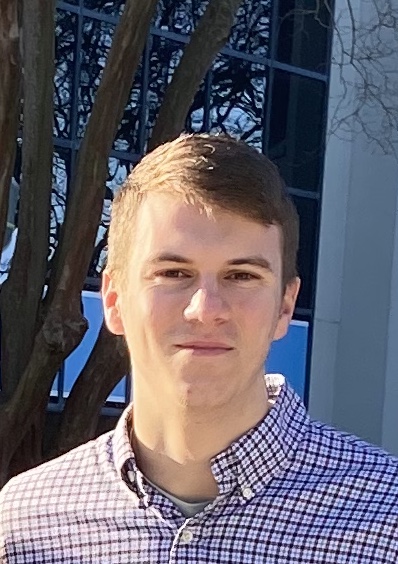 Braden Petno is the mechanical engineer for vehiCLE. He has experience with a wide variety of computer aided design tools, programming languages, and fabrication techniques. He works closely with inventors and engineers to implement and develop ideas and processes. He also does extensive work on the design and fabrication of these technologies, and is responsible for maintaining our lab equipment.
Braden Petno is the mechanical engineer for vehiCLE. He has experience with a wide variety of computer aided design tools, programming languages, and fabrication techniques. He works closely with inventors and engineers to implement and develop ideas and processes. He also does extensive work on the design and fabrication of these technologies, and is responsible for maintaining our lab equipment.
Dakota Noble
Biomedical Engineer
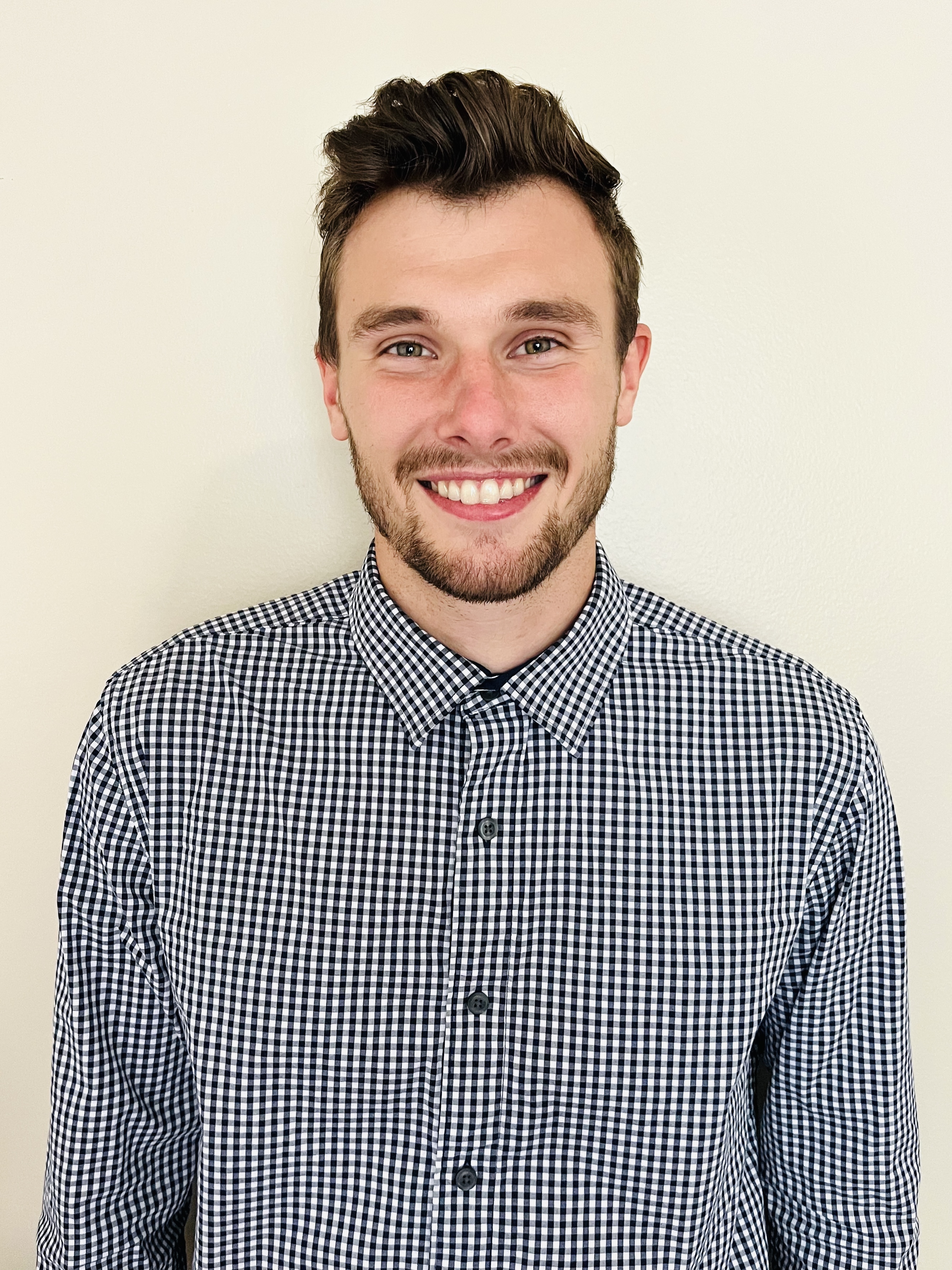 Dakota is a Biomedical Engineer for vehiCLE. He earned a Master's degree in Biomedical Engineering from the University of Akron in 2023. His responsibilities include CAD design, fabrication, prototyping, and documentation. Dakota also splits time with Rellinc team striving to advance research in the area of sensory restoration in individuals with lower limb loss. Dakota’s experience includes medical device design, fabrication, and mechanical expertise, as well as laboratory experience in stem cell and tissue engineering. He is passionate about leveraging these skills to help improve the lives of others.
Dakota is a Biomedical Engineer for vehiCLE. He earned a Master's degree in Biomedical Engineering from the University of Akron in 2023. His responsibilities include CAD design, fabrication, prototyping, and documentation. Dakota also splits time with Rellinc team striving to advance research in the area of sensory restoration in individuals with lower limb loss. Dakota’s experience includes medical device design, fabrication, and mechanical expertise, as well as laboratory experience in stem cell and tissue engineering. He is passionate about leveraging these skills to help improve the lives of others.
Projects to Date
FY 2022
Cleaning Cart Sweeping Attachment
Assistive Dispenser for Single-use Eye Drop Vials
Drop Ease Eye Drop AssistantEyelid Closure Stimulation Device
DEB Gait Device
Non-protected projects involving:
- Low Profile Pressure sensor
- Silicone molded filtration mask
- Adaptive devices for in patient hospital rooms
FY2023
Adaptive Exercise Stimulation SleeveNeurophyscological Assessment Clinic Kit (NPACK)
Sterile TEE Probe Cover
Guided Dilation Catheter
Hybrid Exoskeleton Mounting System
IRONMAN Heart Pump
MRI Non-Verbal Communication System
Smart Bolo Nasal Canula Alignment Alarm
Spiral Endovascular Guide Wire
Single-Hand Use Syringe
Ergonomic BIO Adapter
Heat Fence for Hot Wire Cutter
Capabilities
Mechanical Capabilities
- 3D modeling
- Design for manufacturing
- Complex electromechanical design and assembly
- Prototype design and fabrication including
- Mill, lathe, CNC
- 3D printing
- FormLabs resins simulating properties of ABS, silicone, polypropylene, polyethylene, TPU & more (145 x 145 x 185 mm ultra-resolution Form3+) & (335 x 200 x 300 mm High Resolution Form3L)
- Fused Deposition Modeling (FDM) of PLA
- AON3D M2+ large format (450 x 450 x 640 mm) printer that can print all commercially available extrudable thermoplastics
- Makerbot Method X with Metal 3D printing capabilities
- Bambu Labs X1- Carbon filament printers
- Drill, cut, bend, grind
- Weld
- Waterjet cutting
- Laser etching
- Stress analysis
Electrical Capabilities
- Circuit simulation, design, and assembly
- Cable design and assembly
- Microsystems and micro-fabrication
Quality Management Capabilities
- Quality system support
- Risk analysis support
- Quality system auditing and analysis
- Available forms for a complete design history file
- Organized and focused prioritization of projects and tasks
- Market analysis and competitive product research



















